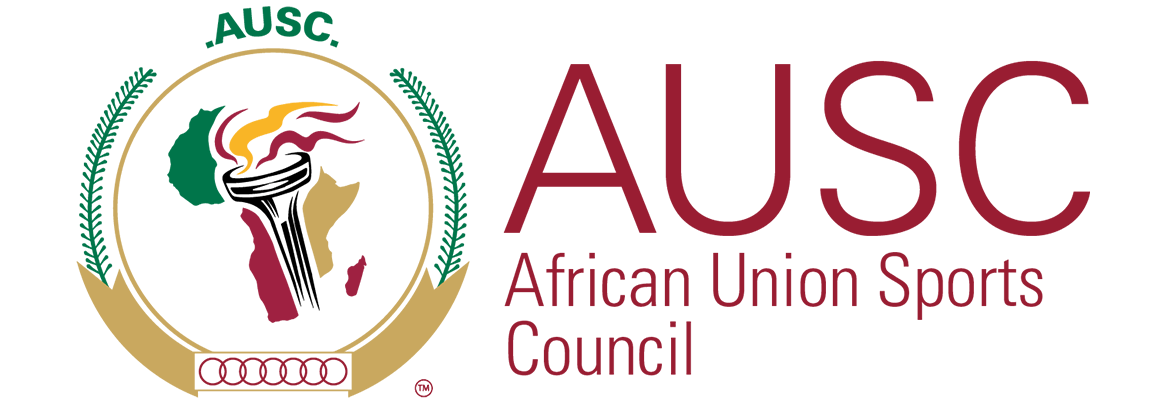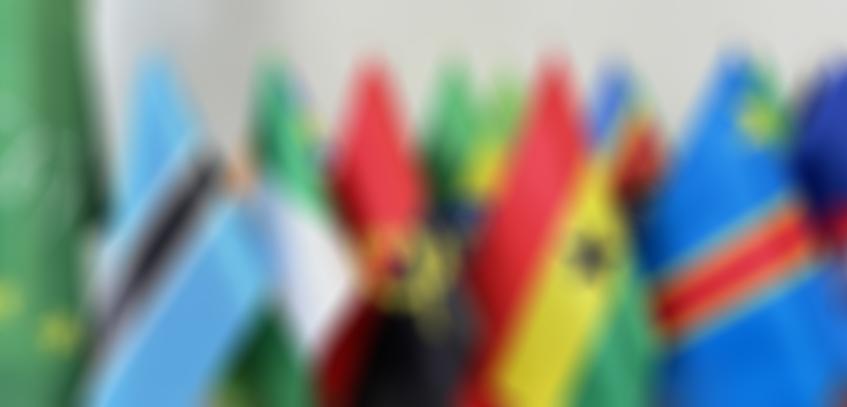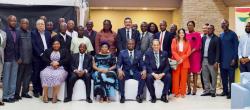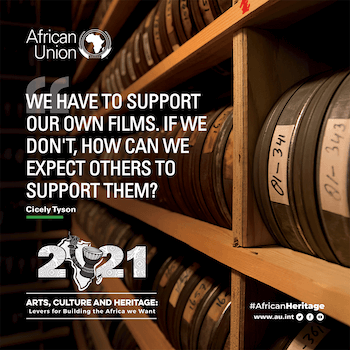In 200 days, the 13th edition of the African Games, the continent's pinnacle multidisciplinary sports tournament will kick off in Accra, Ghana.
Athletes from 55 African nations will compete for continental supremacy in 26 sports codes between 8 and 23 March 2024.
The African Games, held every four years and organized by the African Union with the Association of National Olympic Committees of Africa (ANOCA) and the Association of African Sports Confederation (AASC), has significantly metamorphosed into the continent's biggest multi-sports competition, serving as a platform for African athletes to hone their craft.
The establishment of the African Union Sports Council (AUSC) on January 31, 2016 following the adoption of its statutes by the Twenty-Sixth Ordinary Session of the Assembly of AU Heads of States and Governments has further emphasized the importance accorded to the tournament by the African Union. The AUSC, a Specialized Technical Office of the African Union is tasked with coordinating the African Sports Movement and being a forum for concerted action between Member States for the promotion and development of sports and development through sport in Africa.
Besides being a grooming ground for champions, the competition has become a melting pot of cultures.
From the maiden edition staged between 18 – 25 July 1965 in Brazzaville, Republic of Congo, the continental jamboree aims at fostering cultural and sporting exchanges between African nations.
Half a century later, the African Games, an exclusive property of the African Union, has progressed into a lightning rod for African rebirth, fostering the ideals of Pan-Africanism.
The organizational success of the previous editions has positioned the African Games as the biggest athletic and sports competition in Africa. But beyond the flexing of muscles on football pitches, basketball courts, or athletic tracks and rivaling for continental recognition as well as supremacy, the competition provides a unique opportunity for cultural expression and fraternizing of peoples.
Games have been an inherent social facet of African societies and have now become important in developing cognitive skills such as critical thinking and non-cognitive skills such as patience or discipline.
The competition is held a year before the Olympics aiding African athletes to gear up for the global sporting rendezvous with some of next year's events serving as Olympic qualifiers in Athletics, Badminton, Cycling, Swimming, Table Tennis, Tennis, Triathlon, and Wrestling.
Beyond the African Games contributing to fostering the Olympic ideals, it has become a purveyor of African rebirth, a key cog in fostering "Agenda 2063: The Africa We Want". A vision that revolves around transforming Africa into the global powerhouse of the future
and nurturing a Pan-African drive for Unity, Self-determination, Freedom, Progress, and Collective prosperity.
The African Games next year in Ghana will thus provide a formidable opportunity for African athletes to communion not solely for sporting greatness but with a bigger ambition, that of growing the seeds of African unity and continental prosper.










